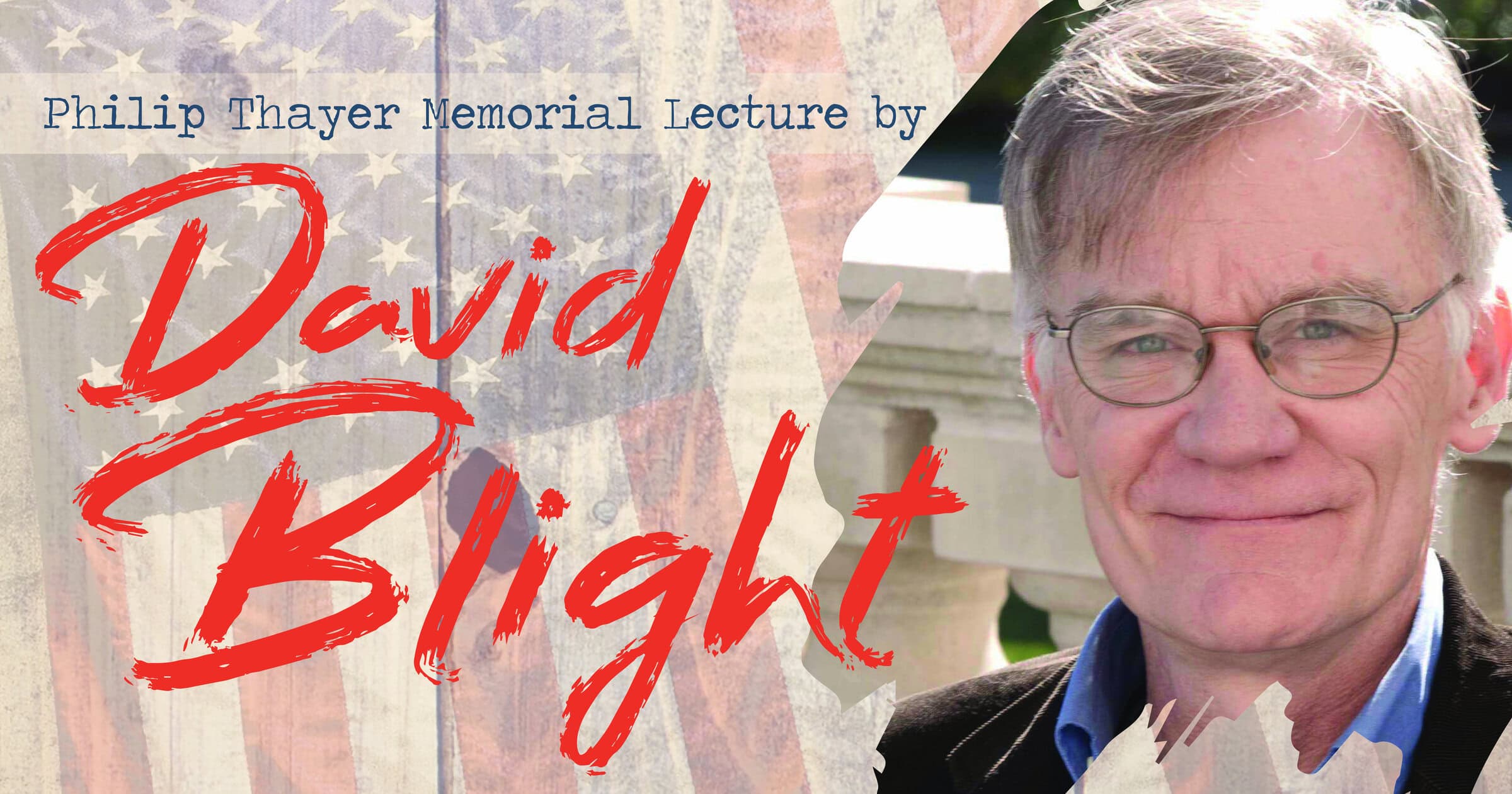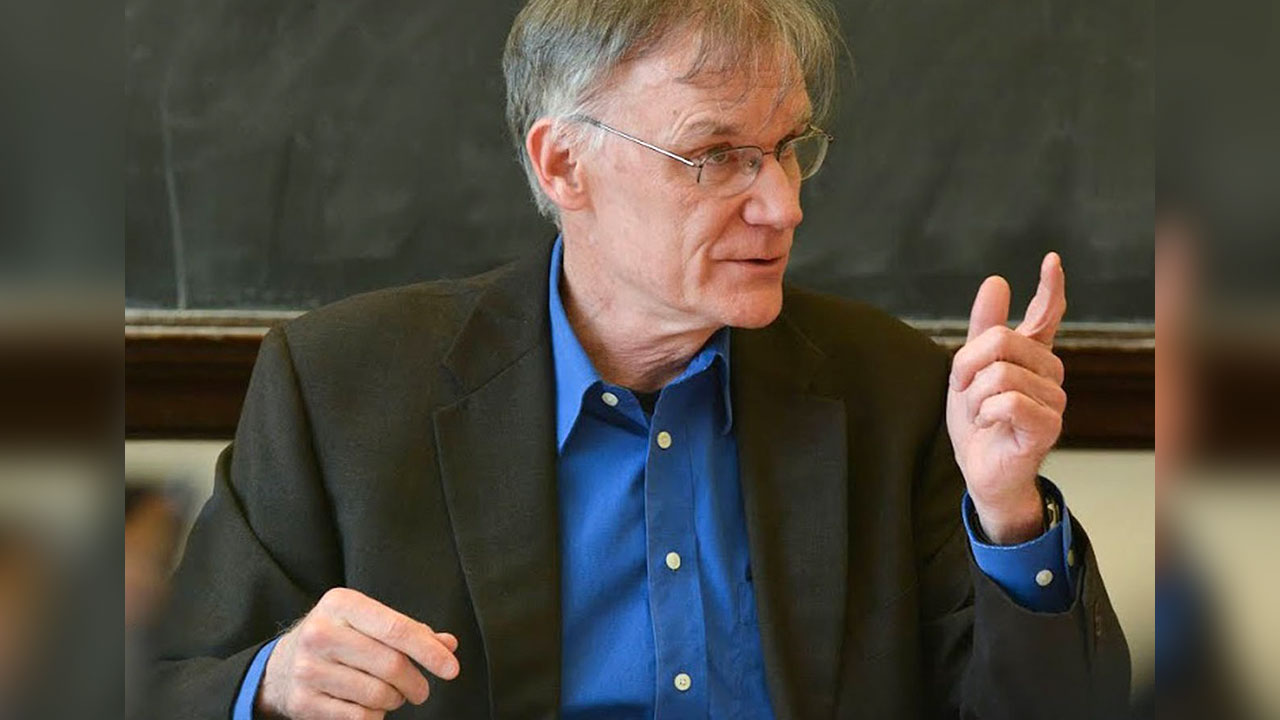

He is set to publish Frederick Douglass: Prophet of Freedom, with Simon and Schuster in October, 2018. In 2012, Blight was elected to the American Academy of Arts and Sciences. For that institution he wrote the recently published essay, “Will It Rise: September 11 in American Memory.” He also reviews for the New York Review of Books. Blight works in many capacities in the world of public history, including on boards of museums and historical societies, and as a member of a small team of advisors to the 9/11 Memorial and Museum team of curators. He contends that three distinct visions of Civil War memory developed and collided.
#Dr. david blight full
He is currently writing a new, full biography of Frederick Douglass that will be published by Simon and Schuster in 2015. In Race and Reunion, historian David Blight recounts the first fifty years after the Civil War in order to describe how Americans of all backgrounds remembered the experiences and lessons of the conflict. Cullman Center for Writers and Scholars, New York Public Library. During the 2006-07 academic year he was a fellow at the Dorothy and Lewis B. In 2013-14 he was the William Pitt Professor of American History at Cambridge University, UK, and in 2010-11, Blight was the Rogers Distinguished Fellow in 19 th century American History at the Huntington Library, San Marino, CA. As of June, 2004, he is Director, succeeding David Brion Davis, of the Gilder Lehrman Center for the Study of Slavery, Resistance, and Abolition at Yale.

But he wrote an op-ed in The Washington Post this week saying, don't tear it down. He previously taught at Amherst College for thirteen years. Critics say the imagery itself is racist, and David Blight, a professor of history at Yale University, agrees. Blight is Class of 1954 Professor of American History at Yale University, joining that faculty in January, 2003. Professor Blight concludes with the Panic of 1873 and the seemingly innumerable political scandals of the Grant Administration, suggesting the manner in which these events encouraged northerners to tire of the Reconstruction experiment by the early 1870s.David W. Blight is Sterling Professor of American History at Yale University, joining that faculty in January, 2003. The Cruikshank case, two years later, would overturn the convictions of the only three men sentenced for their involvement in Colfax, and marked another step away from reconstruction. On the same day as the Colfax Massacre, the Supreme Court offered a narrow reading of the 14th Amendment in the Slaughterhouse cases, signaling a judicial retreat from the radicalism of the early Reconstruction years. Two Supreme Court decisions would do in the judicial realm what the Colfax Massacre had done in the political. history, when a white mob killed dozens of African Americans in the April of 1873. Colfax, Louisiana was the sight of the largest mass murder in U.S. David Blight’sand Frederick Douglass’sachievements have immeasurably enriched our understanding of slavery, abolitionism, the Civil War, and Reconstruction. Professor Blight begins with an account the Colfax Massacre. Years of Anguish III: Slavery and EmancipationApril 21, 2012Fredericksburg Baptist ChurchDr. This lecture focuses on the role of white southern terrorist violence in brining about the end of Reconstruction. David Blight, Professor of American History, Yale UniversityGild.


 0 kommentar(er)
0 kommentar(er)
